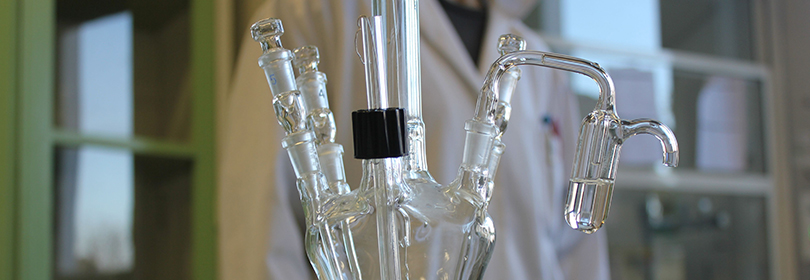Accurate lithium-ion battery State of Charge (SoC) and State of Health (SoH) estimations are nowadays a crucial point, especially when considering an industrial use. These estimations enable to improve robustness and reliability of hardware using such batteries. This thesis focuses on researching lithium-ion batteries state of health estimators, in particular considering Lithium Iron Phosphate (LFP) and Lithium Manganese Oxide (LMO) chemistries.
Researches have been targeted towards SoH estimators straight embeddable into electric vehicles (EV) computers. Cost and reliability constraints are thus the main guideline for this work.
Although existing literature offers various SoH estimators, those who are embedded or embeddable are still little studied. A complete literature review about SoH estimators, embedded or not, is therefore proposed. Lithium-ion batteries detailed operation and ageing mechanisms are also presented.
The main part of this work is dedicated to Incremental Capacity Analysis (ICA) use with electric vehicle constraints, such as current levels available with a typical EV mission profile or existing measurements on the Battery Management System (BMS). Incremental Capacity Analysis is implemented in an innovative way and leads to a remaining capacity estimator with a high robustness to conditions of use variations, including an extended temperature range.
A second method, dedicated to LMO chemistry, take advantage of the fact that the battery potential is representative of its state of charge. Partial Coulomb counting is thus performed, with a dynamic management of integration limits, depending on the battery state.
Outcomes of this work are two complete and accurate SoH estimators, one for each chemistry, leading to a remaining capacity estimation accurate within 4 %.le Mardi 29 novembre 2016 à 10h00.



